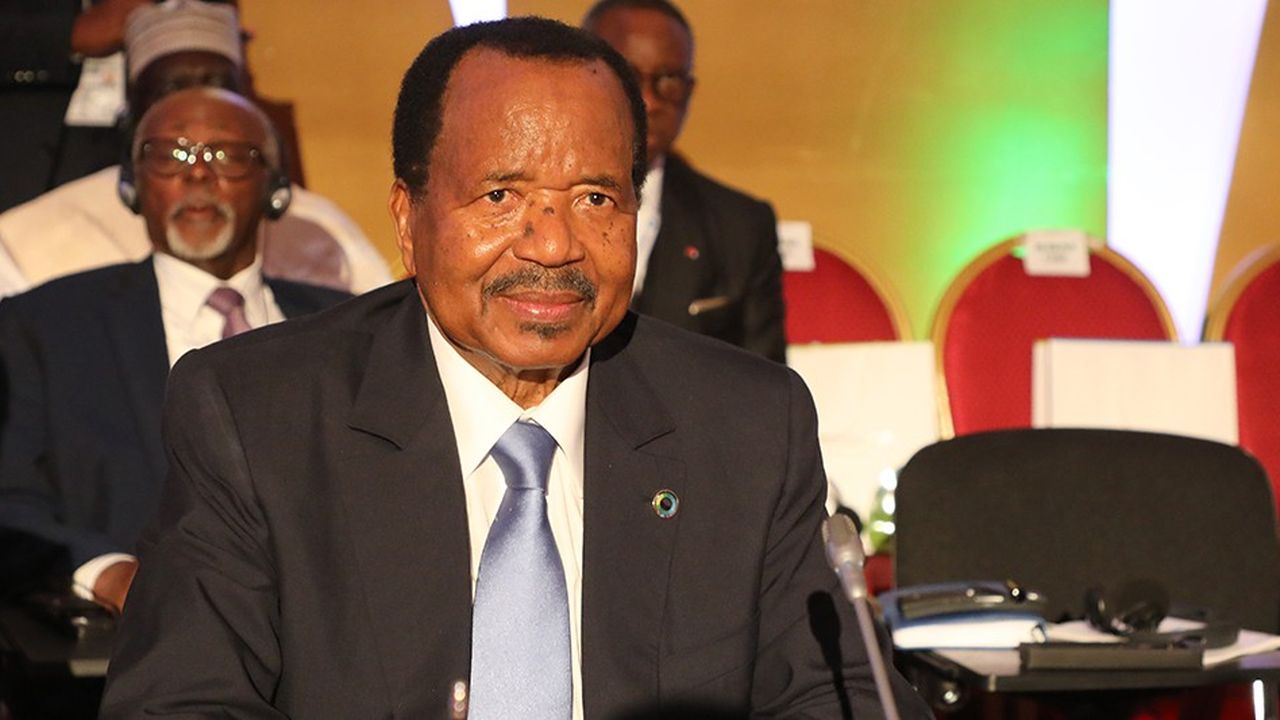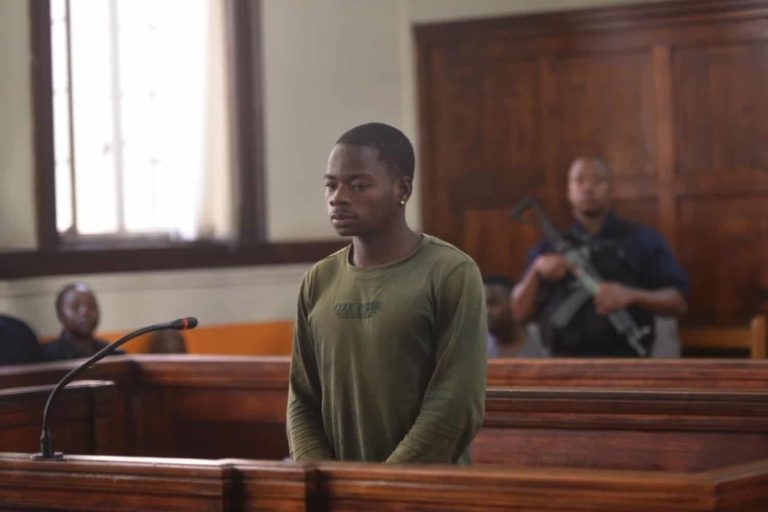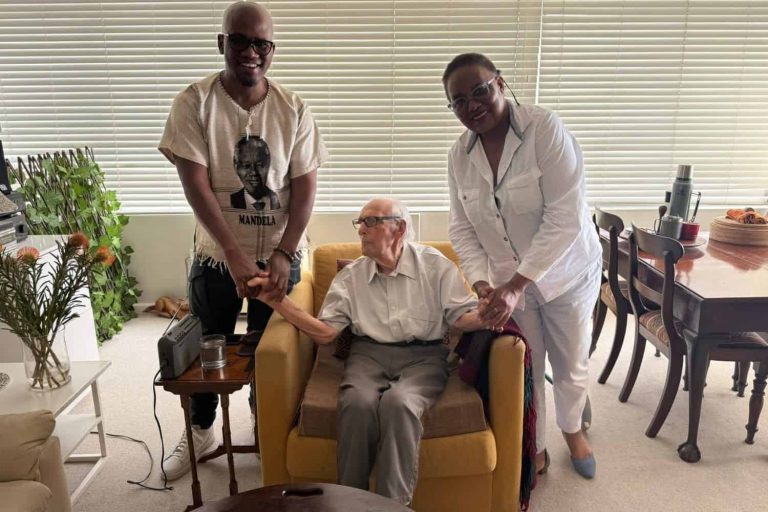
Cameroon’s 92-year-old President Paul Biya has been sworn in for an unprecedented eighth term, pledging to restore stability after weeks of violent post-election unrest.
The ceremony took place on Friday before parliament in Yaoundé, where Biya—currently the world’s oldest sitting president—promised to re-establish order and chastised what he described as “irresponsible politicians” for provoking chaos.
“I can assure you, order will reign,” Biya declared in his inaugural address. “It is pointless to plunge the country into crisis.”
At least 14 people have died and over 1,200 others arrested in clashes sparked by disputed election results, according to the National Human Rights Commission. Some rights groups report even higher figures.
Biya, in power since 1982, was officially credited with 54% of the vote, defeating opposition candidate Issa Tchiroma Bakary, who polled 35%.
Bakary rejected the outcome, insisting he was the true winner and accusing authorities of orchestrating widespread fraud—allegations the government firmly denies.
Describing the vote as “satisfactory,” Biya praised Elecam, the national electoral commission, for its role in overseeing the process.
He also commended security forces for containing unrest, though he notably avoided addressing allegations of excessive force reported by local and international observers.
Calling for national reconciliation, Biya urged citizens to look beyond the contentious election and unite behind a shared vision for a “stable, peaceful, and prosperous Cameroon.” He promised to focus on issues affecting women and young people, renew anti-corruption efforts, and intensify the fight against insecurity.
His swearing-in occurred amid a general strike declared by Tchiroma Bakary in his strongholds of Garoua and Douala. Bakary vowed to “resist until his victory is recognised” and urged foreign governments to impose sanctions on Cameroonian officials over the post-election crackdown.
The Constitutional Council dismissed eight separate petitions challenging the election results, citing lack of evidence or insufficient grounds for annulment.
Critics accuse Biya of tightening his grip on power throughout his four-decade rule, which began after he succeeded President Ahmadou Ahidjo in 1982.
His latest re-election extends one of the world’s longest-running presidencies, intensifying debate over Cameroon’s democratic trajectory and political future.


